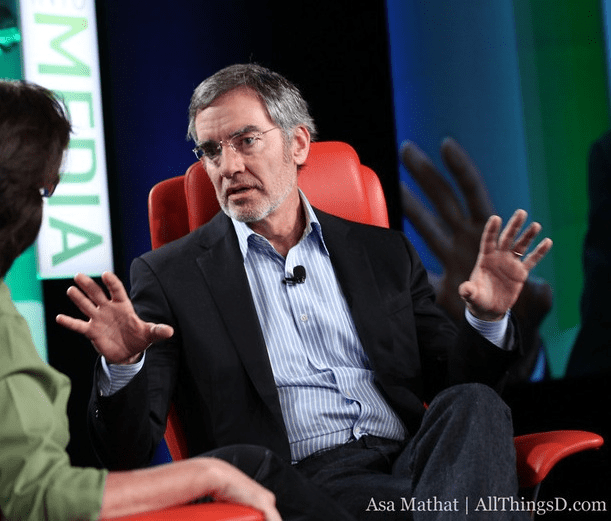The radio industry still has much upside when it comes to better monetizing its advertising inventory, Clear Channel chairman and CEO Bob Pittman, a founder of MTV and former top executive at AOL, said on Wednesday.
“The sector is way under-represented,” while TV is over-represented in marketers’ media mix, the head of the radio and outdoor giant told the Goldman Sachs Communacopia investor conference in New York. “TV is wonderful, is very effective, [but] doesn’t deserve quite as much money as it has.” People don’t use TV instead of radio, but radio is under-represented in the advertising media mix.
Pittman said that TV spots draw three times the ad rates of radio spots, even though “all the studies show the impact is about the same.” Said Pittman: “There is a huge opportunity in radio … We need to monetize it better, sell it better.” He cited the benefits marketers would see from, for example, moving 15 percent of their TV ad spend to radio.
Pittman also said that radio remains the biggest mass medium in the U.S., while it continues to expand online and on mobile platforms. Radio has got “all the trends at its back,” he said. “Radio is America’s companion for all demographics. It’s my wife versus my hobby.” Radio’s reach has been remarkably stable since 1970s, he added.
Comparing Clear Channel’s national reach with other media categories, he said, “we own 148 markets” in the U.S. and reach 240 million people. He also highlighted that the company is number one in reaching African Americans, followed by BET, in reaching Hispanics, followed by Univision, as well as mothers.
Addressing competition from digital music service Pandora, Pittman said that “all of their stations together don’t even make the top 10 in New York.” And he argued that the consumption of radio and people’s music collections are not cannibalistic, as studies show people use them at different times. Plus, 73 percent of people still say that broadcast radio is their main way of discovering new music.


